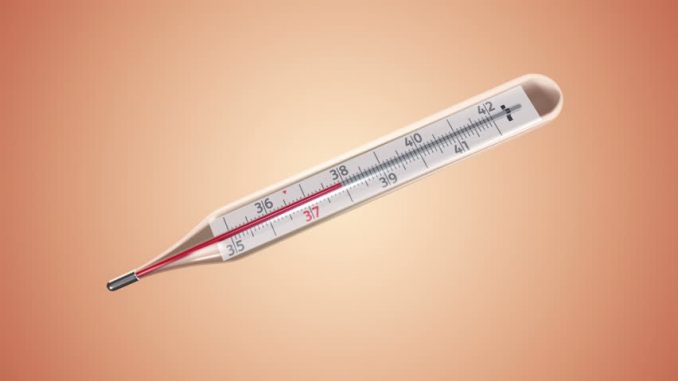
Summer means high temperatures, fun, holidays and good vibes. But in chronic patients, sudden temperature changes are not a reason for joy. They need to take a number of measures to avoid any complications.
When you go out during summer, it’s recommended to wear light-colored clothes made from natural materials (cotton), make sure you’re properly hydrated, avoid prolonged physical activity, smoking and drinking, but also extreme temperature variations.
It’s a good practice to avoid moving directly from a room with air conditioning to high temperatures and vice versa, and while you’re at home, the air conditioning should be set to a temperature not more than 5 degrees lower than outside.
Conditions that can worsen in extremely hot temperatures
High blood pressure is a major risk factor for cardiovascular disease, the leading global cause of mortality due to its consequences, such as stroke or myocardial infarction. Hypertensive people need to make sure they don’t spend too much time outside in the hottest hours during summer, in order to not aggravate their health conditions.
Oscillatory blood pressure. Throughout a day, the blood pressure value may vary. However, for chronic patients it is advisable to maintain a constant blood pressure. For example, on extremely hot days due to dehydration, hypertensive patients may have blood pressure values that are significantly lower than normal, requiring more frequent measurement.
Temperature changes and their impact
Sudden temperature changes can cause health problems or worsen existing ones. The body usually takes around two weeks to adapt to such a change.
Furthermore, there are studies that claim that over time, the human body loses its ability to adapt to temperature fluctuations. Also, switching from heat to rain can affect children, the elderly or chronic patients.
Specifically, a sudden rise or fall in temperature can present a risk of asthma, lung and respiratory illness, allergies, anxiety, and stress. Severe headaches, unjustified fatigue, severe drowsiness are also common conditions caused by temperature changes.
At the same time, people with a weaker, more sensitive immune system may be more vulnerable during periods of temperature fluctuations. Thus, the number of viruses, colds and asthma attacks may increase. Therefore, it is very important to keep a balanced lifestyle, avoid dehydration and alcohol, and pay proper attention to sleep.



Leave a Reply